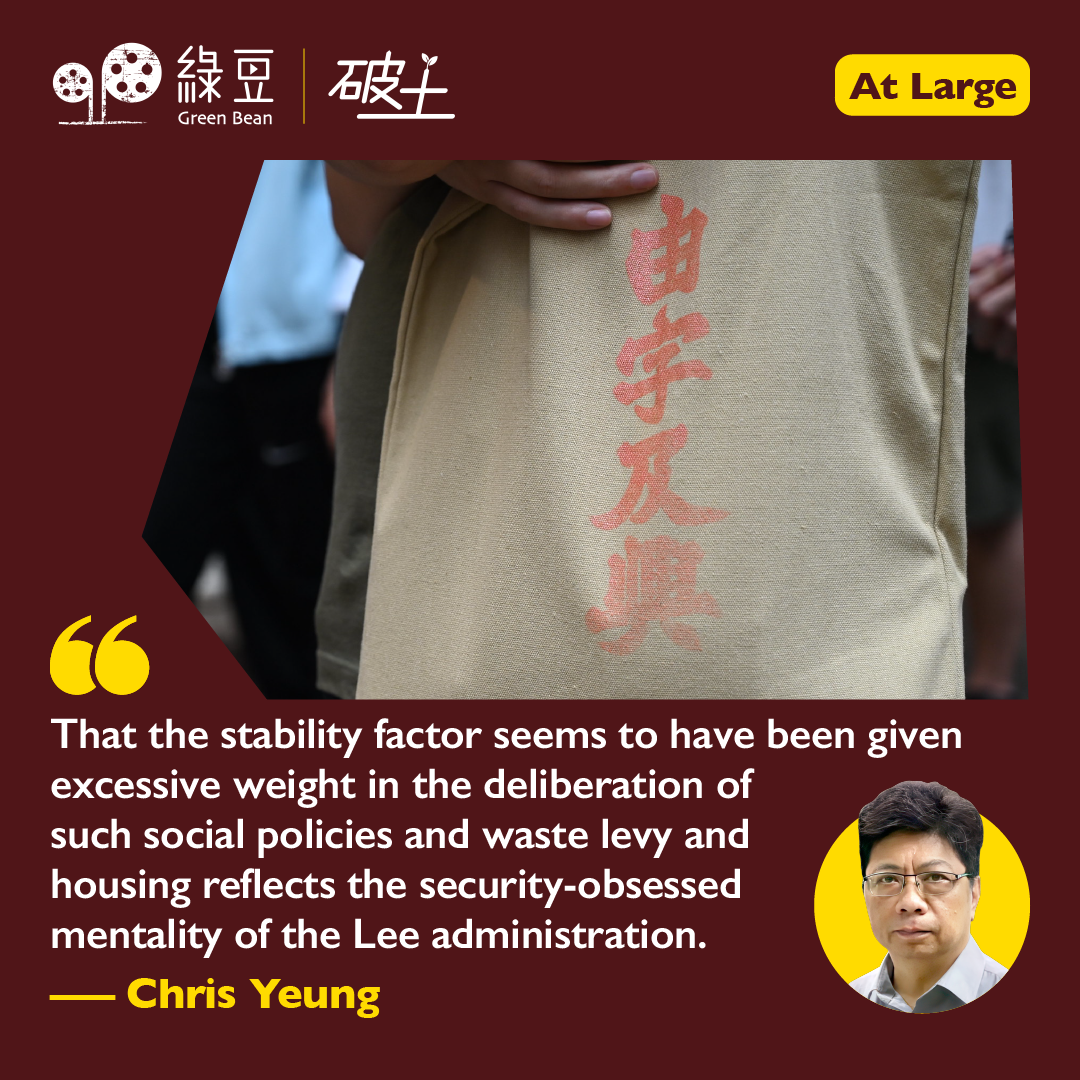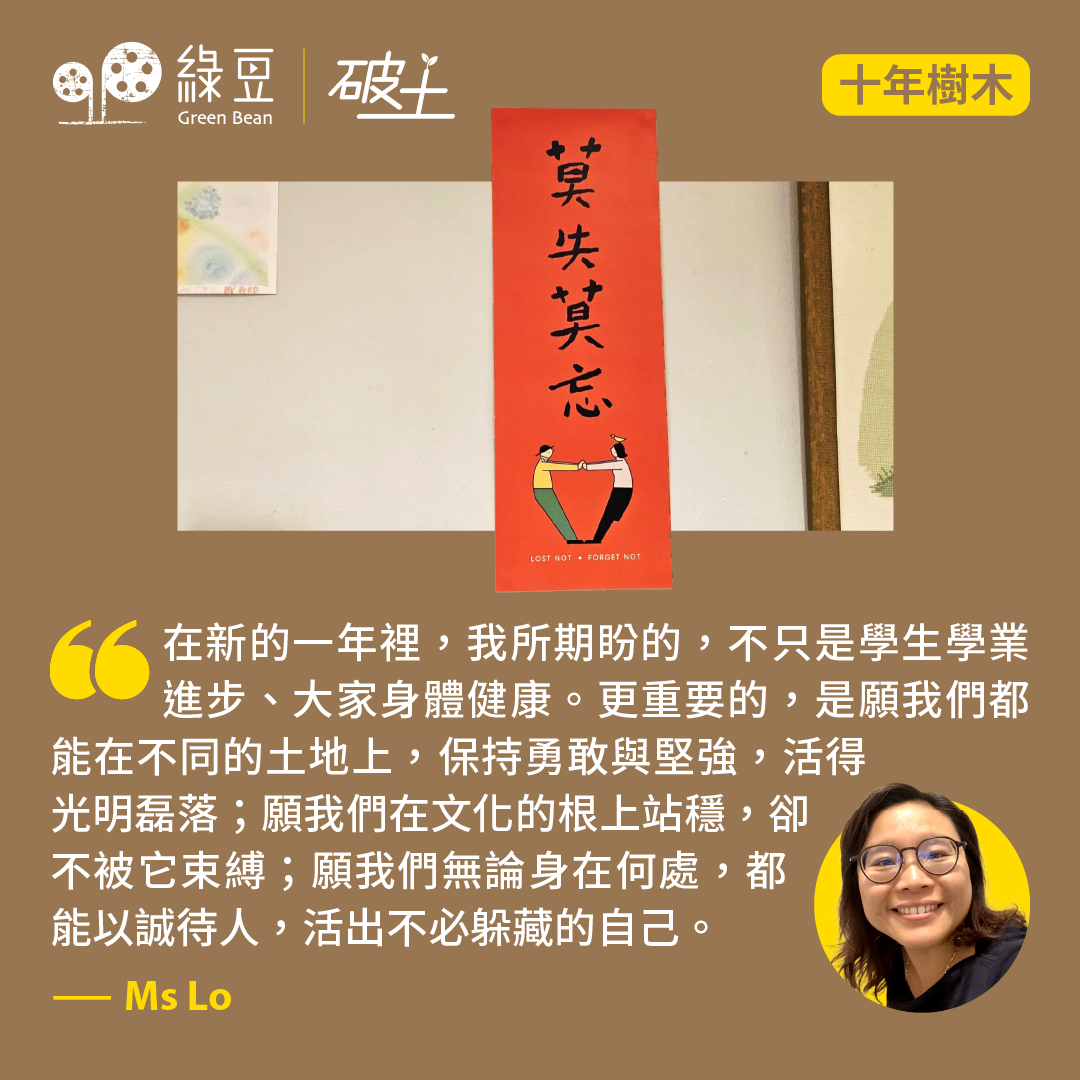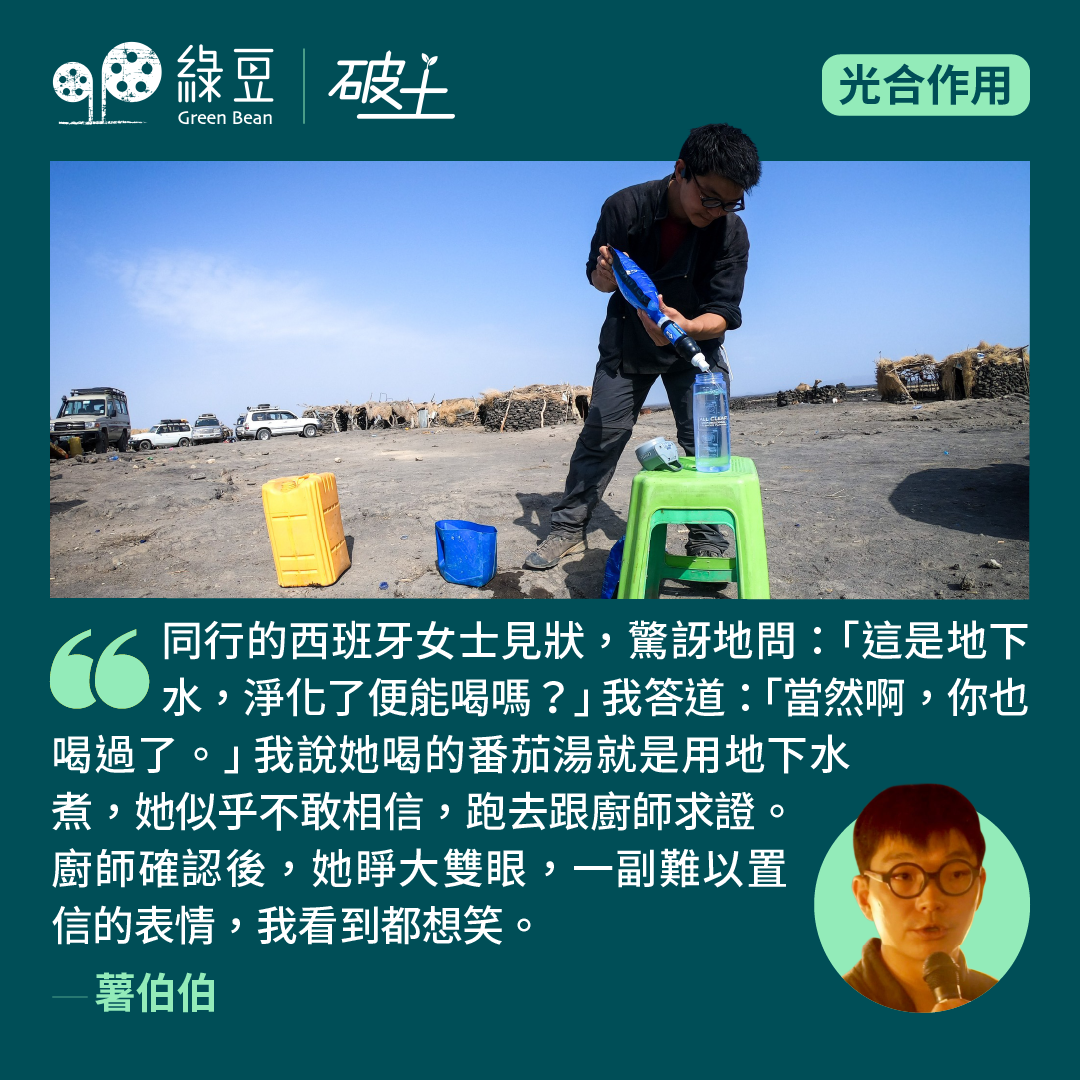What do waste levy and subdivided flats have in common?

On the face of it, the now-shelved waste levy scheme and the ongoing study on the subdivided flats problem have nothing in common for obvious reasons. No, they have indeed.
Obsessed with fears about whipping up social discontent, John Lee, Chief Executive of the Hong Kong SAR, took an unusual move to order further study on subdivided flats after a top-level working group had submitted a report to him on last Thursday (22/8).
A bomb
The indications are that Lee wants to tread even more carefully in tackling the problem of subdivided flats. According to government estimates, there were a total of 107,000 those flats last year.
The working group headed by Deputy Financial Secretary Michael Wong was given one more month to examine “new element/s” and views that Lee has collected during the ongoing policy address consultation before re-submitting a report.
In a post on his Facebook, Lee shed no light on what the “new element/s” are.
Citing sources, a political column published on a pro-government newspaper said Lee told Wong to study building a “system” on subdivided flats to ensure the quality of those flats in the long-run.
Further elaborating the government thinking, a pro-government columnist has likened the issue of subdivided flats as a “bomb” that needed to be defused with extra care.
The number of so-called “poor-quality” subdivided flats has been put at a range between 20,000 to 30,000. Failure to provide housing for them if they have to move out after their flats are not allowed to be rented out could breed social discontent.
The major difference
The emergence of an intriguing rethink of Lee’s strategy in fixing the notorious problem of subdivided flats has bore striking resemblance to the sharp U-turn of the waste charging scheme days before a pilot scheme was scheduled to begin in early April for its full implementation on August 1.
Explaining the decision to shelve the scheme for further studies without a timetable, Deputy Chief Secretary Cheuk Wing-hing said with hindsight wisdom they understood how difficult it was to impose a levy on waste.
In columns published on pro-establishment media after the scheme was put on hold, the same concern about social instability has been cited as one of the major reasons behind the shelving of the levy.
Fears about an outburst of public discontent caused by the levy were said to be a significant factor that had prompted John Lee to put the scheme on the shelves.
That said, there is one major difference between the levy scheme and the problem of poor-quality living space, namely the Beijing factor.
From stability towards prosperity
Beijing cares little, if any, about a waste-charging scheme. But it has given a clear and strong message to the Government on the urgent need to improve the living environment of people who live in subdivided flats and caged homes.
Put plainly, the problem of subdivided flats is not a question whether something ought to be done, but how and when.
If it is a “bomb”, Lee has no alternative but to defuse it.
Concern about instability that appears to be a common and significant factor in the Government’s handling of the waste levy scheme and the problem of subdivided flats.
It has flown in the face of the Government in view of its repeated assertion that the city is the way moving from stability towards prosperity.
Importantly, it raises questions about the government’s assessment on threats to stability.
Although the levy scheme was greeted by doubts and frets among the populace when the original date of implementation drew near, it was unthinkable that it would spark massive protest, organised rallies if it went ahead as scheduled.
Similarly, the task of fixing the problem of subdivided flats is undoubtedly complex and difficult. But it is not a highly political issue unlike Article 23 in 2003 and the extradition bill in 2019, which were political bombshells that had proven to be disastrous when they were detonated recklessly.
That the stability factor seems to have been given excessive weight in the deliberation of such social policies and waste levy and housing reflects the security-obsessed mentality of the Lee administration.
This could not be more intriguing and ironic against a blitz of official politics-speak saying the Government will be able to focus on economy and livelihood with national security now being safeguarded and that order restored.
( Photo : inmediahk )





